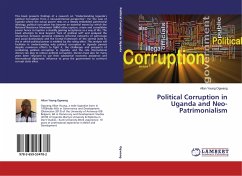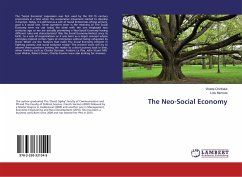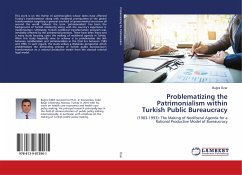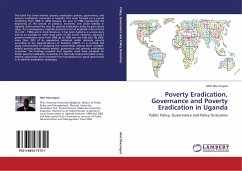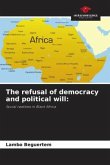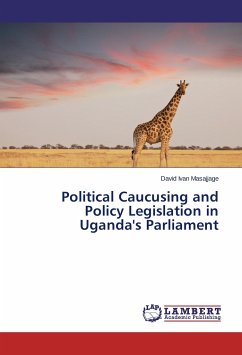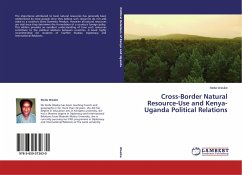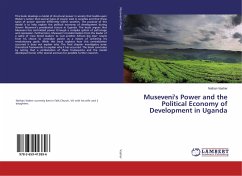This book presents findings of a research on "Understanding Uganda's political Corruption from a neo-patrimonial perspective". For the case of Uganda where the actual power rests on a deeply embedded patrimonial ideology, political corruption has become an essential means by which the National Resistance Movement (NRM) elites capture, retain and consolidate power hence corruption is steadily gaining acceptance as a way of life. The book attempts to look beyond "lack of political will" and analysed the interaction between personal relations (informal networks of patronage and social domination) and the formal framework of the central state to the in which political power is wielded by the ruling elites. This analysis will facilitate in understanding why political corruption in Uganda persists despite numerous efforts to fight it, the challenges and prospects of combating political corruption in Uganda, and the role international donors can play to reduce political corruption. Donors have also for many years been reluctant to use their substantial economic assistance and international diplomatic influence to press the government to confront corrupt state elites.

